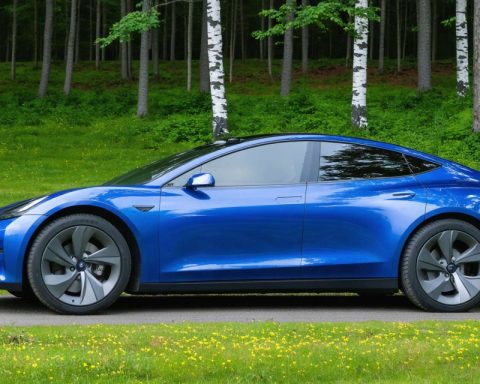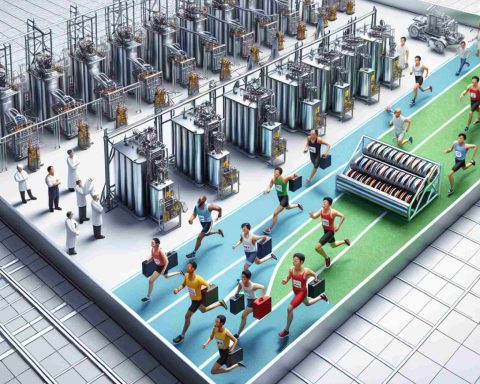
Quantum Computing Faces a High-Stakes Test: Can Volatile Stocks Deliver Again?
Quantum Computing Inc.’s upcoming earnings report is attracting significant investor attention, especially following recent volatility in the quantum sector. The company’s market cap stands at $1 billion, but it reported $0.4 million in revenue against $24 million in losses last year, highlighting



















